Global trade has been the backbone of the global economy for centuries. Since the day explorers have been able to navigate the international seas, there has been global trade.
Global Trade has allowed countries to specialize in producing goods and services where they have a comparative advantage and trade with other nations for goods and services they need. However, global trade is not without its challenges. Read on as we explore 13 hurdles for International trade.
Table of Contents
- 13 Hurdles To Successful Global Trade
- Tariffs Are A Hurdle To Global Trade
- Non-Tariff Barriers Are A Hurdle To Global Trade
- Anti-Dumping Can Significantly Impact Global Trade
- Currency Fluctuations Can Hurt Global Trade
- Political Instability Can Hamper Global Trade
- Infrastructure Issues Can Hurt Global Trade
- Intellectual Property Protection Can Stop Global Trade
- Cultural Differences Can Make Global Trade Difficult
- Corruption Hurts Global Trade
- Logistics Can Be A Hurdle For Global Trade
- Language Barriers Are A Hurdle To Global Trade
- Time Zones Can Be Hurdle To Global Trade
- Environmental Regulations Can Make It Difficult For Global Trade
- 4 Major Reasons Global Trade Continues To Be Important
- Frequently Asked Question
- Related Content
13 Hurdles To Successful Global Trade
Global trade is an essential driver of economic growth and development, and it provides businesses with opportunities to expand their markets and increase their profits. However, despite the benefits, global trade is often beset by challenges that hinder its success.
Read on as we will explore the 13 significant hurdles to successful global trade and why global trade continues to be necessary.
Tariffs Are A Hurdle To Global Trade
Tariffs are import duties and taxes imposed on imports or exports. They increase the price of imported goods, making them more expensive for consumers, and decrease the quantity of imported goods.
Tariffs can also lead to trade wars, where countries keep increasing tariffs on each other, decreasing international trade.
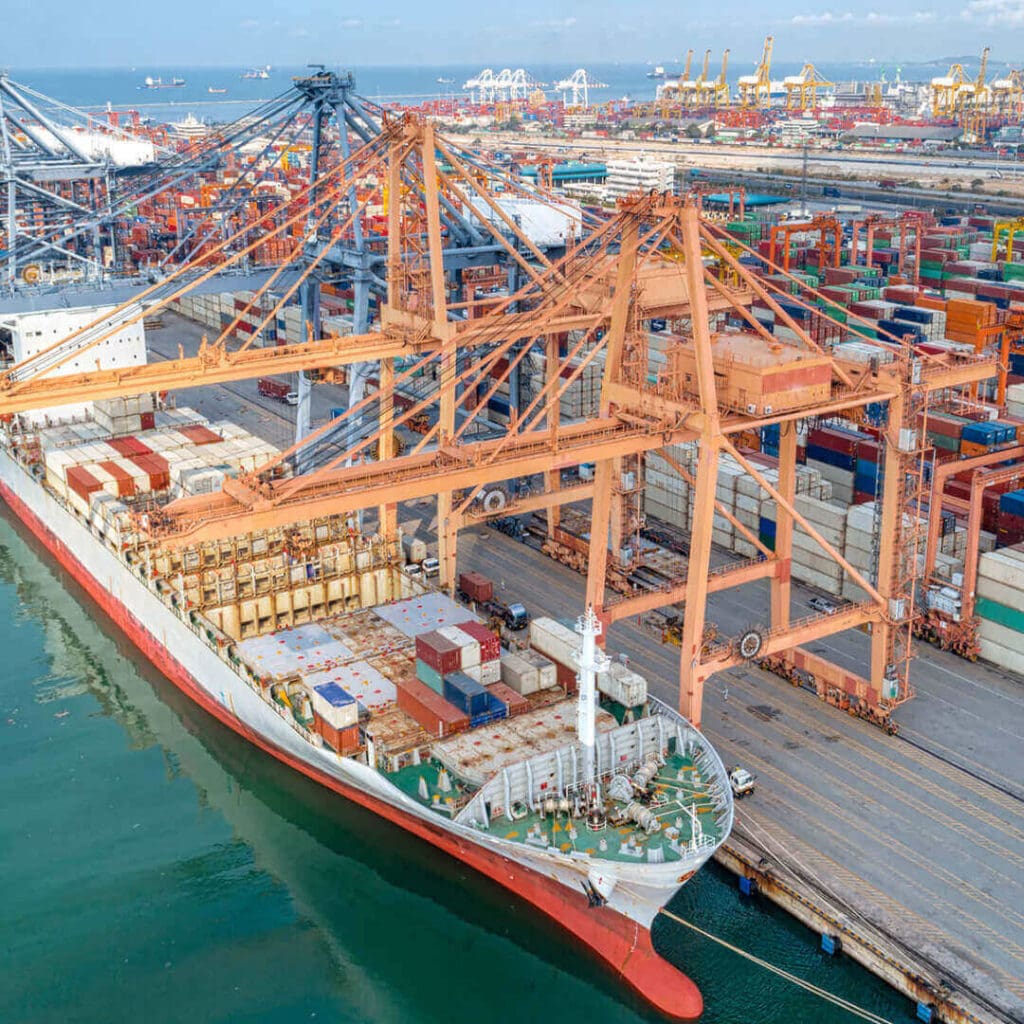
The United States has placed tariffs on many products from China. In my own experience, and observation these tariffs have not stopped all international trade with China; infact even with the 25% tariff there are many products that China is still very competitive in manufacturing.
Non-Tariff Barriers Are A Hurdle To Global Trade
Non-tariff barriers are regulations or policies restricting trade, such as quotas, licensing requirements, and technical standards. These barriers can make it difficult for businesses to export their products to other countries.
Most of these non-tariff barriers are protectionism policies towards a country trying to protect a particular industry or product.
Anti-Dumping Can Significantly Impact Global Trade
One of the most significant deterrents for global trade is anti-dumping. Years ago, the United States put anti-dumping duties on China for bedroom furniture.

Almost overnight, most factories stopped producing bedroom furniture and instead switched to other types of furniture production. The idea of anti-dumping is that it would then bring jobs back to America.
As far as I know, the anti-dumping of bedroom furniture brought very few, if any, jobs back to the furniture industry in the United States, but instead, a lot of production switched to other places, including Vietnam.
Currency Fluctuations Can Hurt Global Trade

Currency fluctuations can make it difficult for businesses to price their products and manage their cash flows. When the value of a currency changes, it can affect the price of imports and exports, leading to uncertainty for businesses.
Political Instability Can Hamper Global Trade
Political instability can disrupt global trade by creating uncertainty and increasing the risk of doing business in certain countries. Political instability can also lead to changes in policies that affect international trade.
An example is the conflict in Ukraine, which has made it very difficult, if not almost impossible, to trade with Ukraine.
Infrastructure Issues Can Hurt Global Trade
Infrastructure, such as roads, ports, and airports, is essential for global trade. However, inadequate infrastructure can make it difficult for businesses to transport their products and increase business costs.
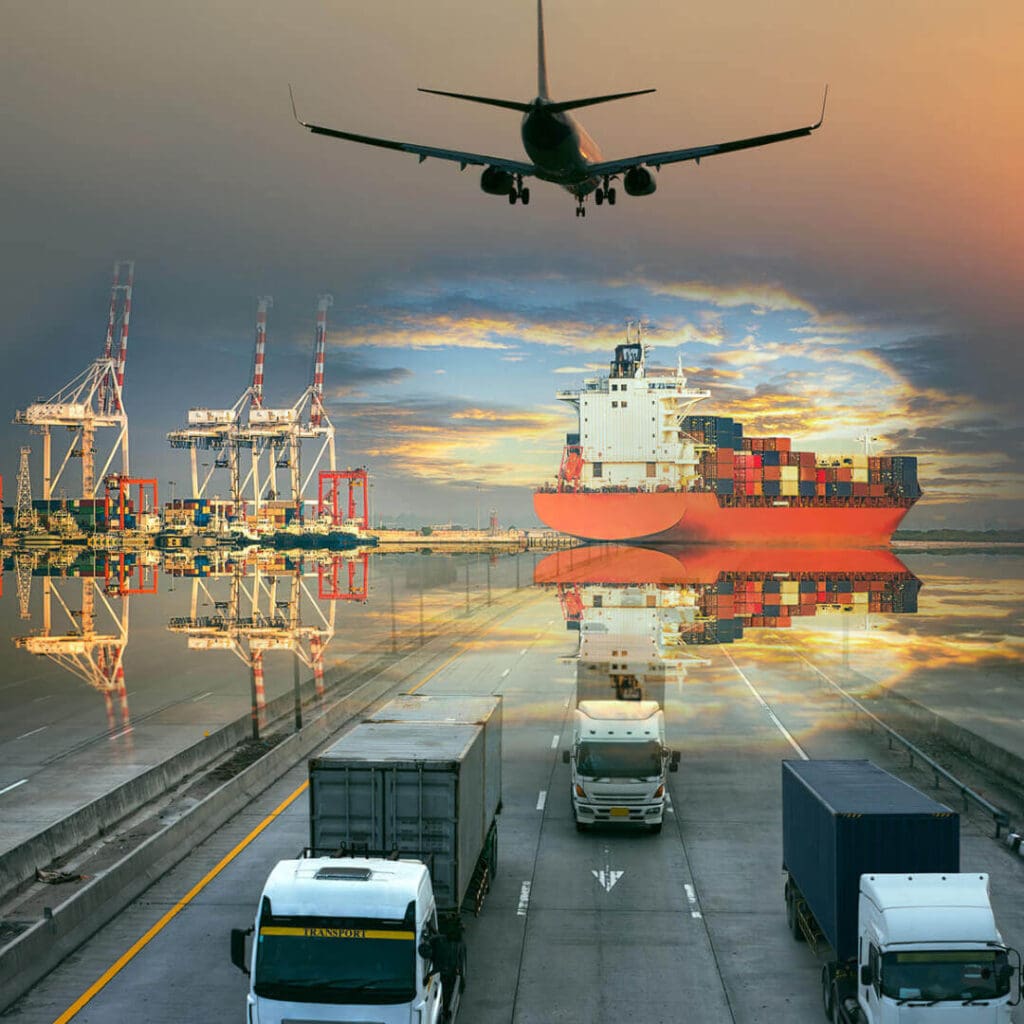
Even if a country is relatively cheap to manufacture a product. if shipping from the port is exceptionally high, the products may be no longer competitive.
Intellectual Property Protection Can Stop Global Trade
Intellectual property protection is essential for businesses that rely on innovation to stay competitive. However, weak intellectual property protection in some countries can make it difficult for businesses to protect their intellectual property rights and prevent piracy.
Companies may not risk setting up or buying from a particular company unless they can be confident that their intellectual property is protected.
Cultural Differences Can Make Global Trade Difficult
Cultural differences can make it difficult for businesses to communicate and negotiate with customers and partners from other countries. Cultural differences can also affect how products are marketed and consumed in different countries.
Corruption Hurts Global Trade
Corruption can make it difficult for businesses to operate in certain countries. Corruption can also lead to unfair competition, making it difficult for businesses to compete on a level playing field.

Corruption can also add to the overall costs of the product. It can ensure certain companies not work in a country where corruption is an issue due to their own country’s anti-corruption laws.
Logistics Can Be A Hurdle For Global Trade
Logistics, such as transportation, warehousing, and distribution, are essential for global trade. However, logistics can be complicated and expensive, especially for businesses that operate in multiple countries.
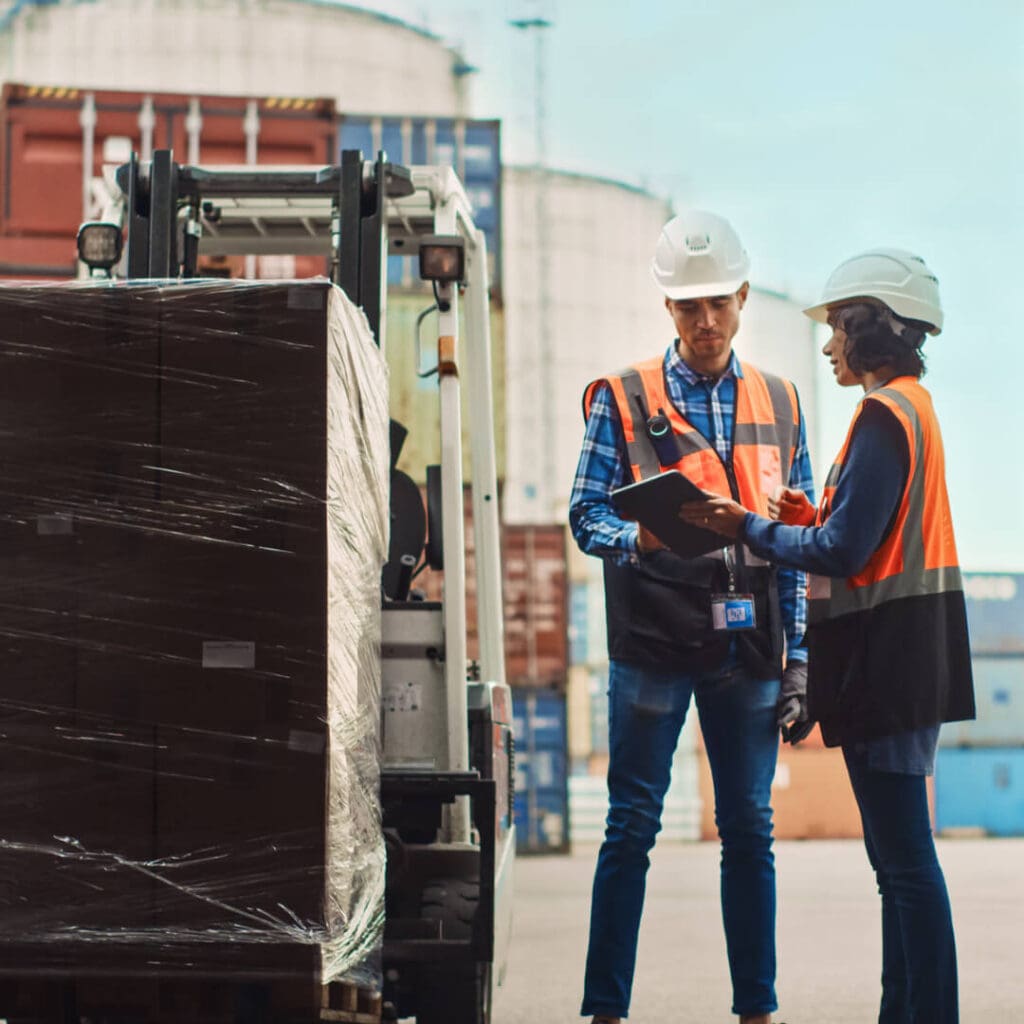
If a country does not have proper logistics, it can hurt global trade or make global trade very expensive.
Language Barriers Are A Hurdle To Global Trade
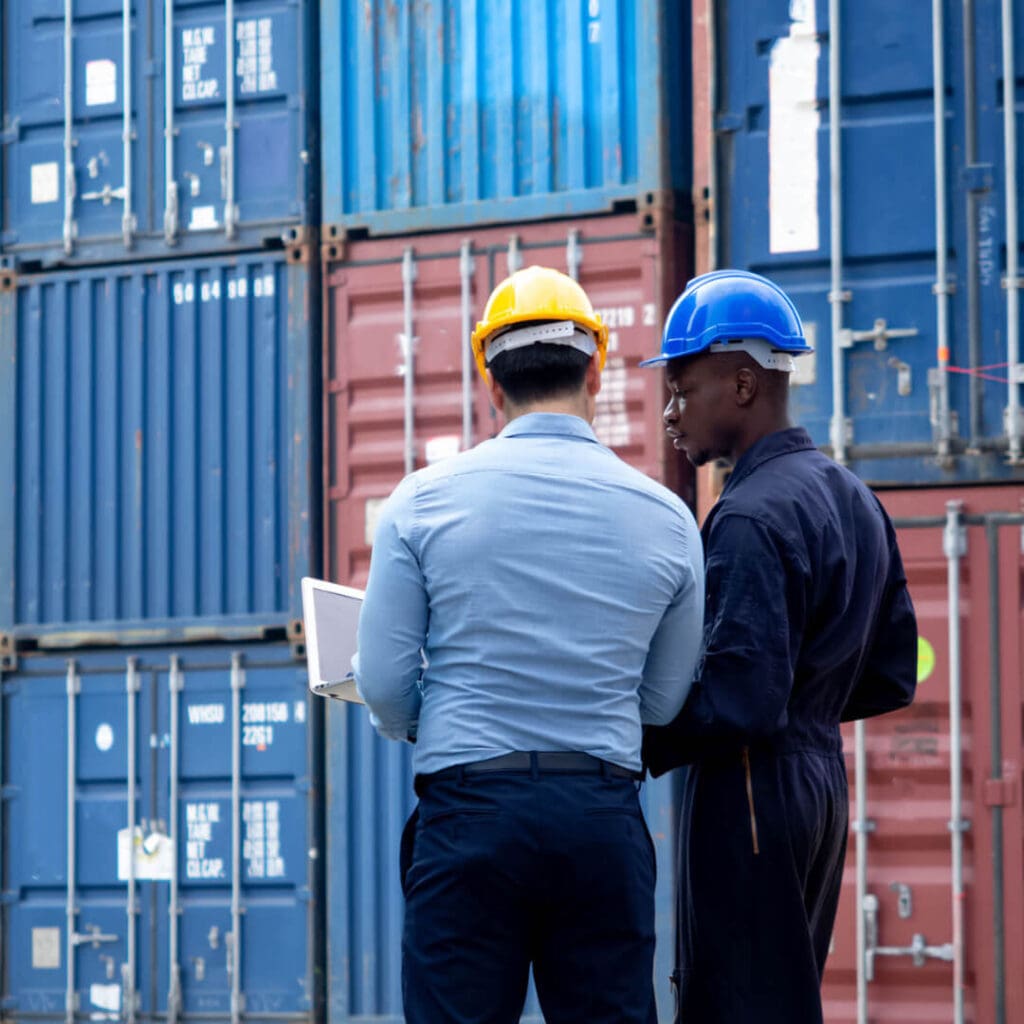
Language barriers can make it difficult for businesses to communicate with customers and partners from other countries. Language barriers can also affect how products are marketed and consumed in different countries.
Time Zones Can Be Hurdle To Global Trade
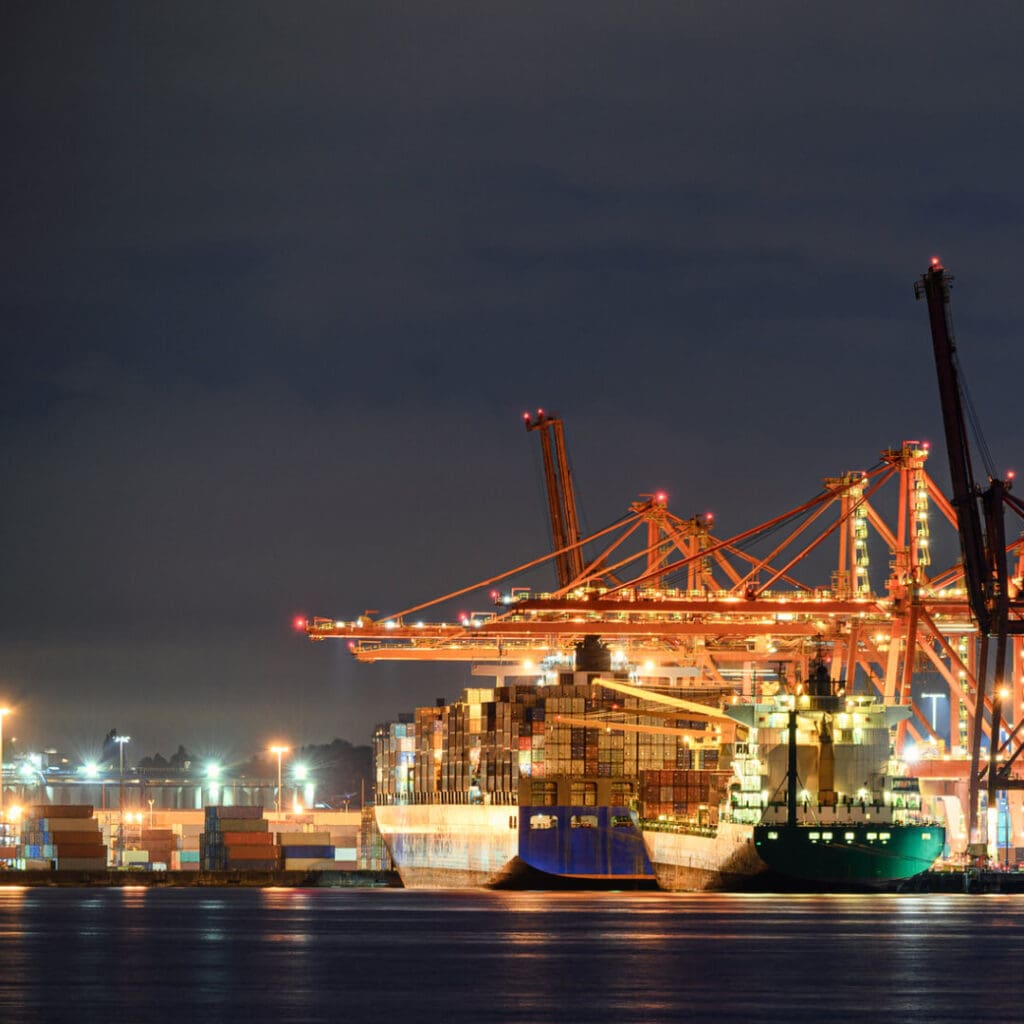
Time zones can make it difficult for businesses to coordinate and communicate with customers and partners in different parts of the world. Time differences can also affect how products are marketed and consumed in different countries.
Environmental Regulations Can Make It Difficult For Global Trade
Environmental regulations can make it difficult for businesses to export products to other countries. Different countries have different environmental regulations, making it difficult for businesses to comply with all the rules and stay competitive.
4 Major Reasons Global Trade Continues To Be Important
Despite these hurdles to global trade, it is still essential to most economies. There are several reasons that global trade continues to be necessary.
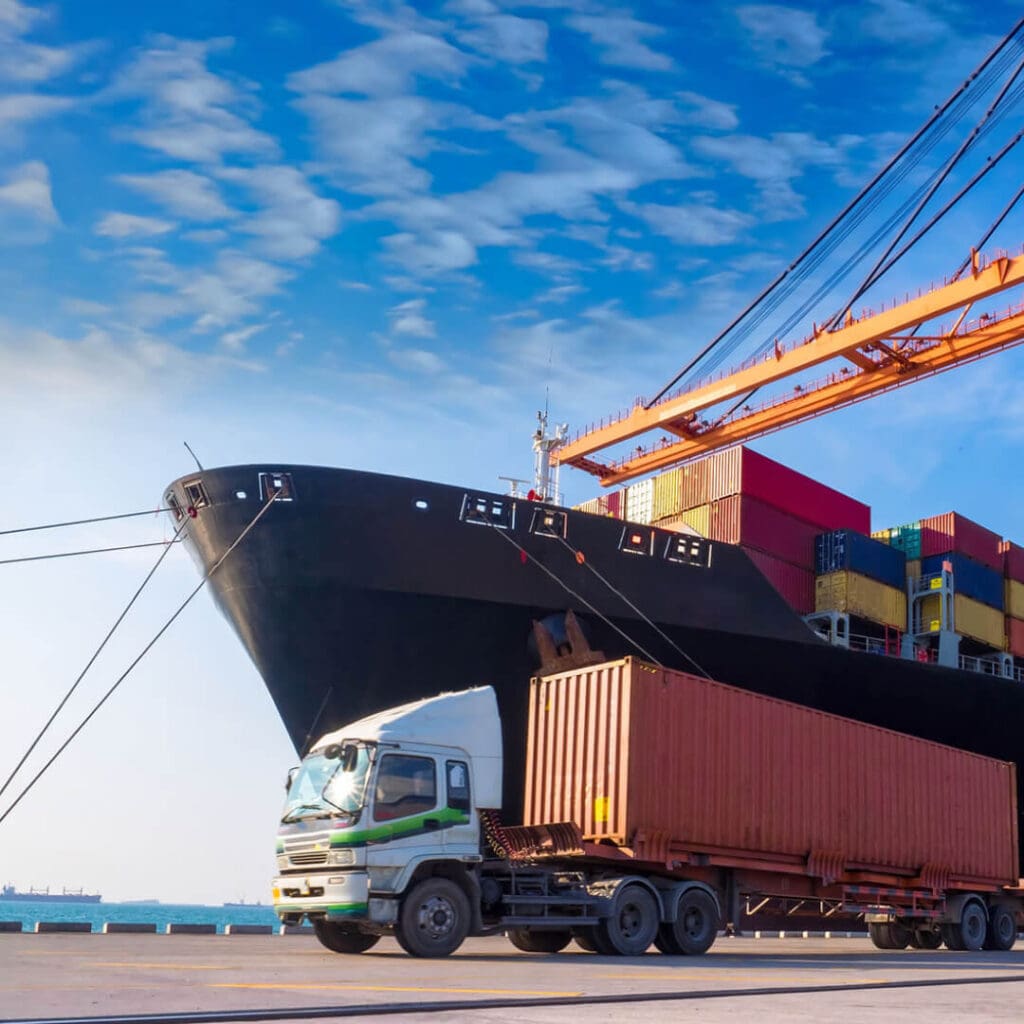
Here are four reasons Global Trade Continues To Be Important:
Global Trade Allows Countries To Specialize Goods And Services
Global trade allows countries to specialize in producing goods and services where they have a comparative advantage. This leads to increased efficiency and productivity, which benefits consumers and businesses alike.
Global Trade Allows Access To New Markets
Global trade allows businesses to access new markets and customers, which can help them grow and expand their operations. It allows companies also to build a worldwide brand.
Global Trade Increases Competition
Global trade can lead to increased competition, which can help drive innovation and improve product quality. The increased competition can also increase the service customers receive as companies try to give better service than their competitors.
Global Trade Can Reduce Poverty
Global trade can lead to economic growth, which can help reduce poverty and improve living standards worldwide. One of the best ways to help alleviate poverty is to allow countries to trade goods and services.
Global trade is essential for the global economy. However, there are several hurdles that businesses and countries need to overcome to engage in successful global trade.
To overcome these hurdles, governments and businesses need to work together to promote policies that facilitate global trade. This includes reducing tariffs and non-tariff barriers, investing in infrastructure, improving intellectual property protection, promoting transparency and accountability, and promoting cultural understanding and diversity.
Governments must also work together to negotiate trade agreements that address businesses’ challenges and promote economic growth and development.
Moreover, businesses must adapt to global trade challenges by investing in new technologies, building partnerships with local businesses, and developing a deep understanding of different countries’ cultural, political, and economic landscapes. This requires a willingness to take risks and a commitment to continuous learning and improvement.
Global trade is essential for the global economy, but it has challenges.
Governments and businesses must work together to overcome these challenges and promote policies that facilitate global trade and economic growth. This requires a commitment to transparency, accountability, continuous improvement, and a willingness to adapt to the challenges of a rapidly changing global economy.
We can build a more prosperous and inclusive world by working together.
Find out more about how Mondoro can help you create, develop, and manufacture excellent home decor and home furniture with trade and ethical sourcing in mind – don’t hesitate to contact me, Anita. Check out my email by clicking here or become a part of our community and join our newsletter by clicking here.
Mondoro gives out a FREE Lookbook to anyone interested. You can receive a copy of our latest Lookbook by clicking here.
Listen to our Podcast called Global Trade Gal. You can find it on all major podcast platforms. Try out to listen to one of our podcasts by clicking here.
Subscribe to our Mondoro Company Limited YouTube Channel filled with great videos and information by clicking here.
Frequently Asked Question
What is global trade?
Global trade refers to the exchange of goods and services between countries or regions across the world.
Why is global trade important?
Global trade is important because it allows countries to access a wider variety of goods and services, promotes economic growth, and fosters international cooperation.
How does global trade benefit the global economy?
Global trade promotes efficiency by allowing countries to specialize in producing goods and services where they have a comparative advantage, leading to increased productivity and higher living standards.
What are the main benefits of global trade?
The main benefits of global trade include access to a wider range of goods and services, increased competition, lower prices for consumers, job creation, and economic growth.
What are some challenges or hurdles for international trade?
Some challenges for international trade include trade barriers such as tariffs and quotas, protectionism, currency fluctuations, transportation and logistics costs, legal and regulatory barriers, and political instability.
How do trade barriers affect global trade?
Trade barriers such as tariffs and quotas increase the cost of imported goods, reduce competitiveness, and limit market access for businesses, thereby hindering global trade.
How do currency fluctuations impact global trade?
Currency fluctuations can affect the relative prices of goods and services, making imports more expensive or cheaper depending on the exchange rate, which can impact the competitiveness of businesses engaged in global trade.
Related Content
What Is The Difference Between Fair Trade And Ethical Sourcing?
Fair Trade is an organization that includes partnerships with marginalized and disadvantaged groups worldwide. The purpose of FairTrade is to help these groups to be able to have a more level playing field and ensure that they can earn a fair wage for the products they are offering. Ethical sourcing ensures that your global supply chain considers all the global, social, and environmental impacts of your products.
You can discover more by reading What Is The Difference Between Fair Trade And Ethical Sourcing? by clicking here.
Social Environmental Responsibility And Crime
Both Brass and Nickel are metal finishes that can be electroplated or plated. They contain copper and can be made into unique and exciting looks and finishes. Because of their versatility, they remain popular metals and finishes for various products and uses.
You can find out more by reading our blog Social Environmental Responsibility And Crime by clicking here.
How Social Environmental Responsibility Helps Fight Poverty
Social Environmental responsibility is about a company having social responsibility while also being concerned about their environmental impact. A Social Environmental Responsible company will look at profits and benefit society while being responsible towards the environment.
To find out more about How Social Environmental Responsibility Helps Fight Poverty by clicking here.


